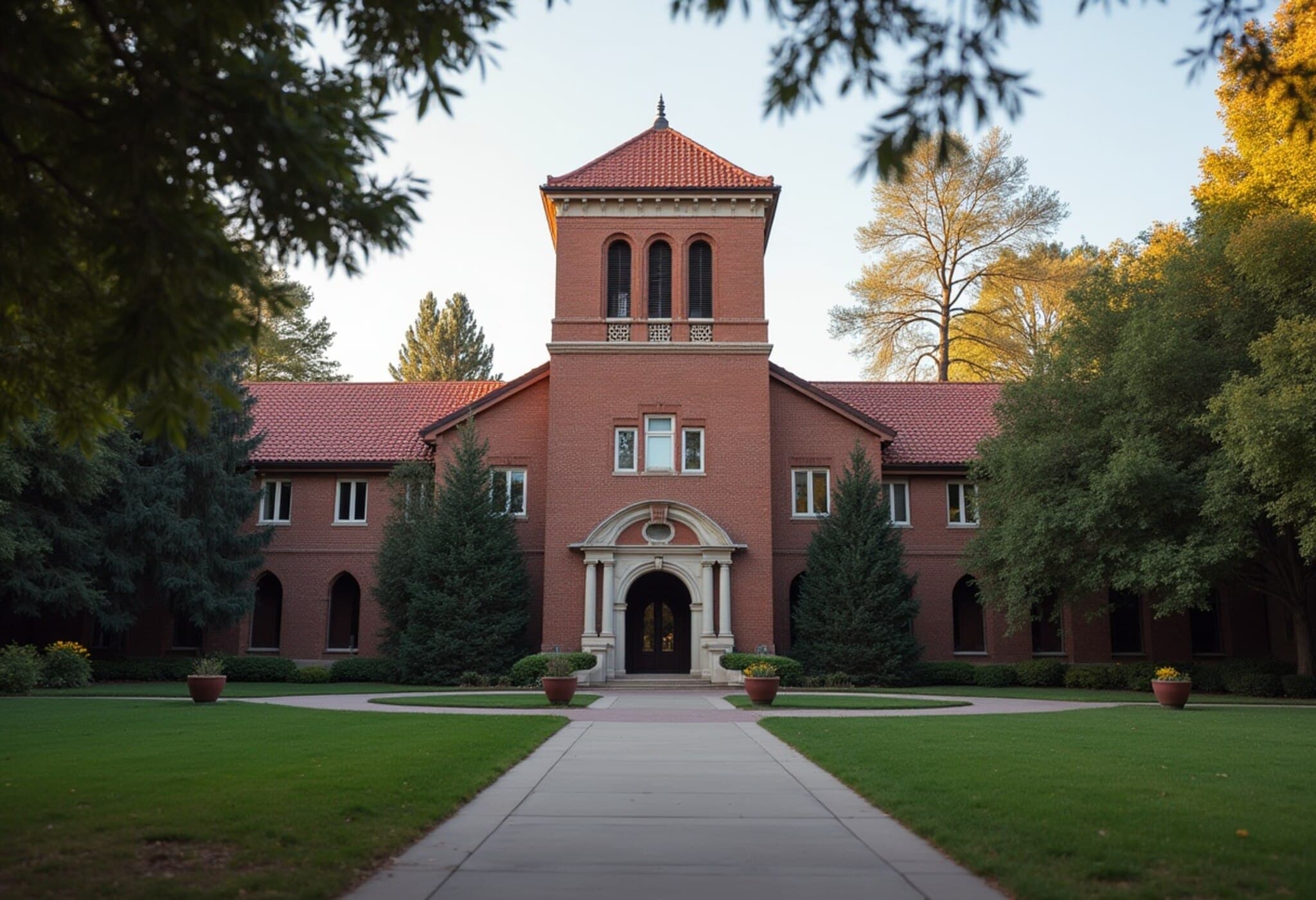Tragic Loss of IISER PhD Student Raises Urgent Questions on Campus Culture
In a heart-wrenching incident that has sent shockwaves through the academic community, 25-year-old PhD scholar Anamitra Roy from the Indian Institute of Science Education and Research (IISER) Kolkata campus in Nadia passed away after attempting suicide on August 7, 2025. Roy had publicly alleged ragging and administrative apathy in a poignant social media post earlier the same day.
The Incident and Immediate Aftermath
According to police reports and institute sources, Roy was discovered unconscious in a laboratory on IISER premises after reportedly ingesting a poisonous substance. He was urgently admitted to the All India Institute of Medical Sciences (AIIMS), Kalyani, but tragically succumbed to his injuries the following morning.
His online note, which has since drawn widespread attention, revealed deep emotional distress, stating: “I was never made for this world… But I can’t do this anymore. I give up. May I find the peace in death that I never found in life.”
Background: Struggles with Mental Health and Allegations of Bullying
Roy’s personal disclosures mentioned a lifelong battle with depression and recent discovery of being on the autism spectrum—factors that add complexity to understanding his tragic decision. His post alleged persistent ragging—an issue notoriously underreported across Indian educational institutions—and a lack of sufficient response from IISER administration.
Institutional Response and Law Enforcement Investigation
The institute, in an official statement, expressed profound grief and extended condolences to Roy’s family and friends. IISER acknowledged the need for better systems to detect distress among students and pledged to review internal checks to avoid recurrence.
Ranaghat district police have registered an unnatural death case and are actively investigating the circumstances. However, police note that no formal complaint regarding ragging has yet been filed, despite the allegations shared online. Authorities have reached out to Roy’s family and IISER officials as part of the inquiry.
Wider Context: Ragging and Mental Health in Indian Academia
Ragging, a form of hazing prevalent in many Indian higher education institutions, has been consistently linked with psychological trauma, mental health crises, and even suicides. Despite legal frameworks and court directives aiming to curb this practice, enforcement remains uneven, and victims often hesitate to come forward due to stigma or fear.
This tragedy highlights the pressing need for:
- Stronger preventative measures and transparent grievance redressal mechanisms within academic institutions.
- Robust mental health support tailored to diverse student needs, including neurodivergent individuals.
- Greater awareness campaigns to destigmatize mental health struggles and encourage help-seeking behavior.
Expert Commentary: Understanding the Complexity
Experts emphasize that suicide among students signals systemic failures—often a confluence of academic pressure, social isolation, and inadequate institutional support. Dr. Meera Joshi, a clinical psychologist specializing in youth mental health, notes, “When students like Anamitra speak out about their pain and are met with indifference, it reflects not just individual distress but a collective social responsibility left unattended.”
Institutions must actively foster inclusive environments, especially for students with autism or other neurodivergent conditions, to nurture well-being alongside academic excellence.
Looking Ahead: The Path to Healing and Reform
This devastating loss is a somber reminder that campuses are not just centers of learning but communities charged with safeguarding their members' holistic health. Reviewing and restructuring current policies on ragging and mental health support is not just necessary but urgent.
For policymakers and educational leaders across India, Roy’s story is a call to action—to create safer, more empathetic academic environments where every student feels valued and protected.
Editor's Note
The tragic death of Anamitra Roy spotlights a critical intersection of mental health, neurodiversity, and campus safety. While investigations continue, this incident challenges us all to ask: How well do academic institutions truly support vulnerable students? Beyond legal compliance, how do we build compassionate cultures that detect distress and act before it’s too late?
Readers are encouraged to reflect on the systemic changes needed and advocate for comprehensive support frameworks that honor the dignity and well-being of every learner.











